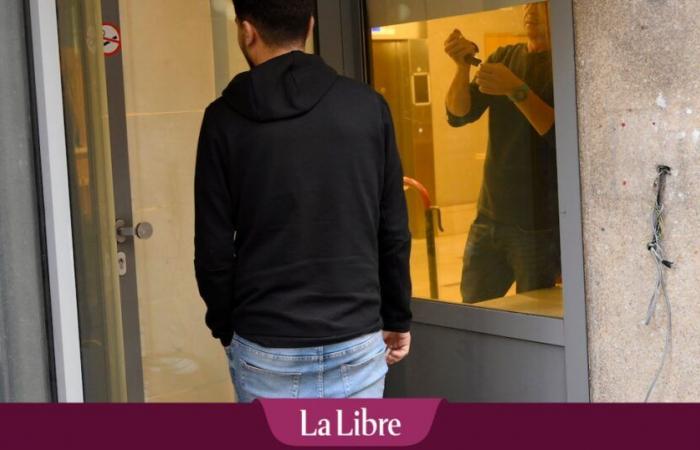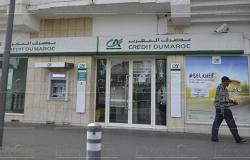When he set foot on Belgian territory, Shaker Dawlatzai went directly to Brussels and began the procedures to apply for refugee status. “I was housed in a temporary center for three months, then I stayed for almost four years in a Fedasil center in Mouscron. It’s been three months since I moved into a small apartment that I rent. Today, I am doing work-study training. Monday and Tuesday I’m at school, then I work the other three days in an auto body shop. On weekends, I work in a potato processing factory to pay my rent.”
Arizona’s “Asylum and Migration” plan: family reunifications will be slowed down
“I wouldn’t have it in Afghanistan”
So it’s seven days a week. But the young Afghan is not complaining. “I have nothing to say about the welcome I received in Belgium. I was well received and received very good advice from my tutor to help me with the procedures. Wherever I am, I get along well with the Belgians. What I have here, I wouldn’t have in Afghanistan.”
Not all the unaccompanied minors he encountered could say the same, he emphasizes. Faced with a complicated rental market, some struggle to find housing, others training or employment. They then stay in centers where life together is not always easy or very engaging. “Those who don’t work play music all night, while those who go to school or work try to sleep.”
Beyond these difficulties, Shaker Dawlatzai welcomes the reception system set up in Belgium and hopes, as soon as he has his final papers, to be able to initiate a family reunification procedure for his brothers and his mother.






